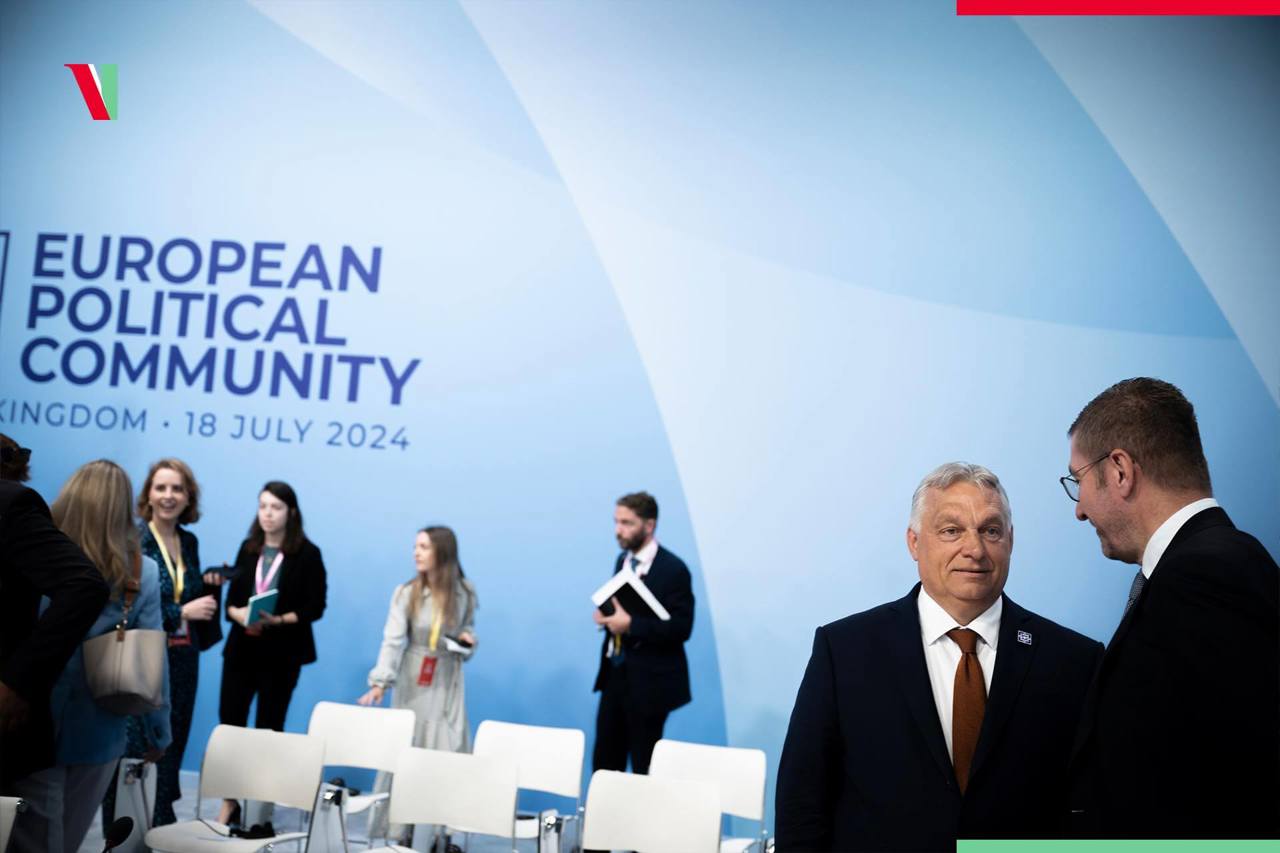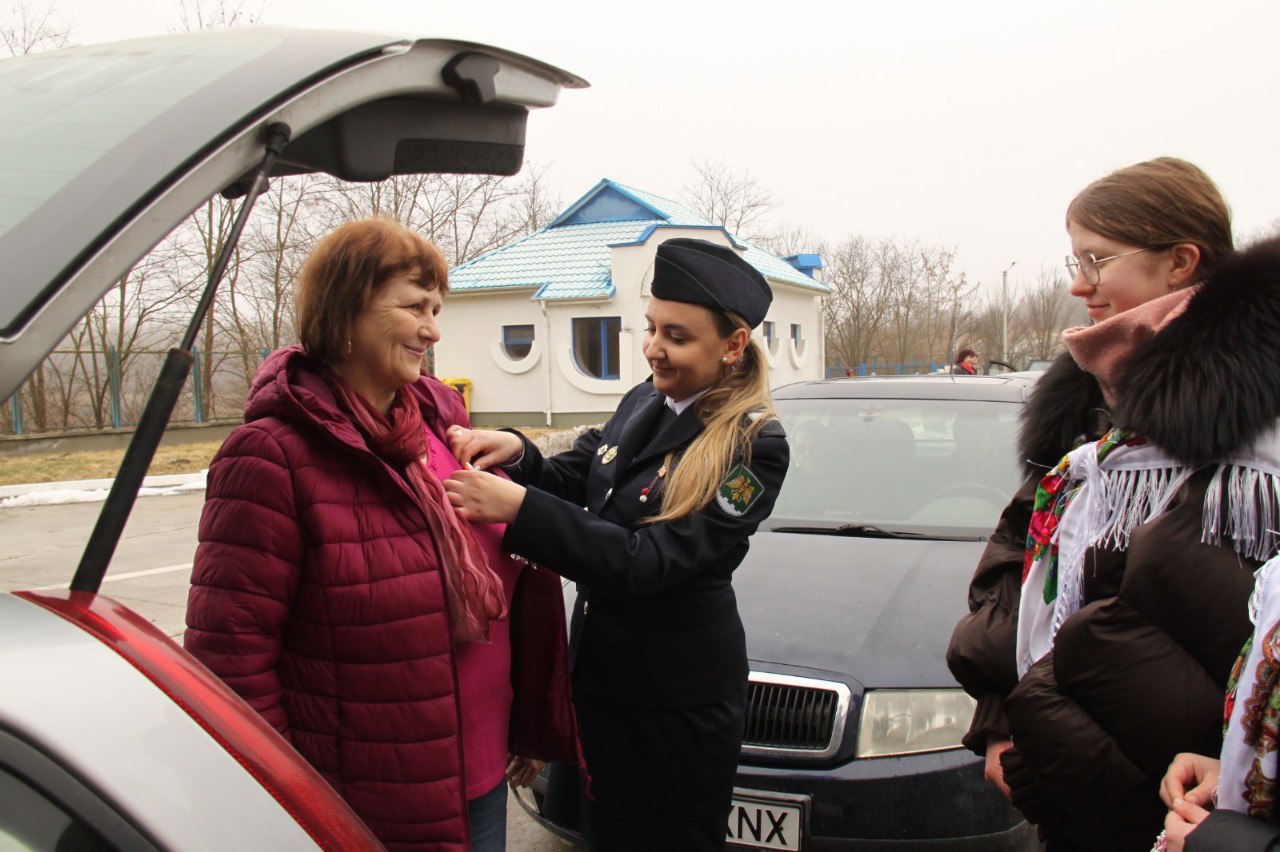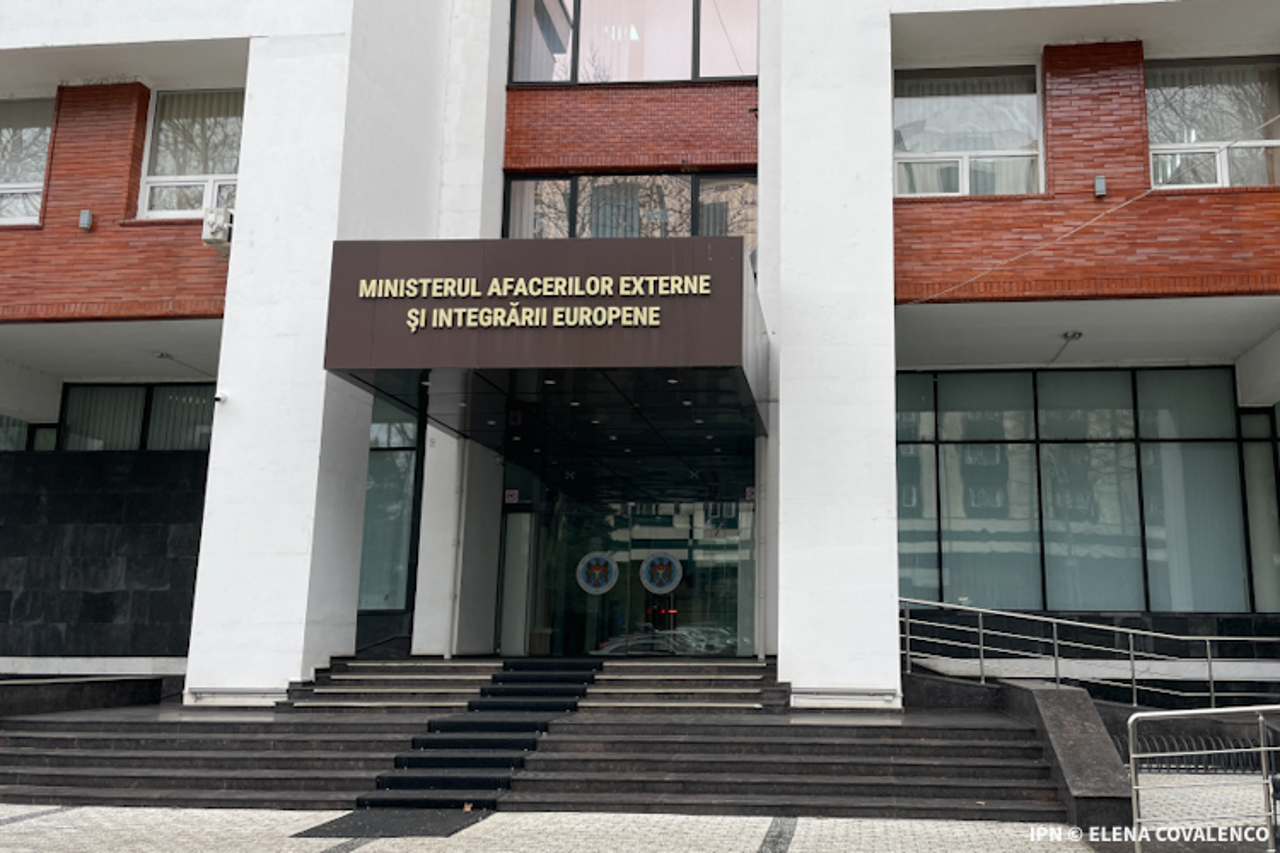Correspondence // Budapest hosts the fifth meeting of the European Political Community
While EU leaders primarily focus on the West and the Atlantic, their attention briefly shifts to Hungary for the European Political Community (EPC) meetings on Thursday and Friday. These meetings are organized in Budapest by Viktor Orbán's Hungary, which holds the European Union's rotating presidency until the year's end. Following Donald Trump's recent victory in the US election, Orbán finds himself in a position of strength, ensuring he faces no backlash for congratulating the pro-Russian Georgian Dream party after the recent elections in Georgia.

The main agenda item in Budapest is Ukraine, but the tone of discussions remains uncertain since Orbán is hosting the meeting. Hungarian officials have been vague about the guest list, noting that some leaders will not attend, but emphasizing that their absence should not be perceived as a boycott of Hungary. Turkish Prime Minister Recep Tayyip Erdoğan is expected to attend, while Spanish Prime Minister Pedro Sánchez has opted not to travel to Budapest due to deadly floods in Spain.
A resurrected project viewed with suspicion
Thirty-three years after the European Confederation project proposed by late French President François Mitterrand, leaders from 47 countries, spanning from Iceland to Azerbaijan, have established a concrete forum for discussing mutual interests. For Emmanuel Macron, who has revitalized Mitterrand's concept, the objective is to foster concrete cooperation with EU candidate countries, primarily Ukraine and the Republic of Moldova.
In 1991, nations newly liberated from Soviet control were skeptical of Mitterrand's Confederation project, perceiving it as a mere substitute for EU membership. Today, Macron reassures Eastern leaders that this new structure allows countries like Ukraine and the Republic of Moldova, as well as other candidates from the Balkans, to engage in certain EU programs, such as student exchanges and collaborations with researchers, before they officially join. They will even have the opportunity to participate in relevant EU Councils of Ministers, particularly in areas like energy.
This initiative aims to demonstrate to the populations of candidate countries the tangible benefits of being part of the EU, which often seems challenging to join. Events like Brexit, the pandemic, and the war in Ukraine have boosted the internal integration of the EU. The member states have cooperated on joint debt systems, coordinated vaccine purchases, and imposed collective sanctions on Russia.
Despite its potential, many observers remain skeptical about the "European Political Community." The meeting includes Eastern countries like Ukraine and the Republic of Moldova, as well as Turkey, and nations that do not seek EU membership, such as Great Britain, Switzerland, and Norway.
Countering Russian aggression
Another aim of the European Political Community is to counteract significant hostile influences, particularly from Russia and China, which have gained prominence in recent years, especially in the Western Balkans and Ukraine. This Eastern European region, marked by deep and historic divisions, faces risks of permanent destabilization and is often exploited by traffickers and criminal organizations at the Schengen border.
One of the challenges of the upcoming meeting is to prevent arguments from escalating between attendees. Facilitating dialogue between Azerbaijani and Armenian leaders, for instance, can be complicated. Turkey's fraught relations with Greece and Cyprus add another layer of difficulty, while Serbia and Kosovo recently experienced violent clashes along their border.
The future of the CPE remains uncertain and could see the same fate as the Union for the Mediterranean, which was launched amid high expectations by Nicolas Sarkozy in 2008. However, amidst the pressing geopolitical climate of late 2024, the European Political Community serves a vital purpose by providing an essential forum for discussion.
Author: Dan Alexe





